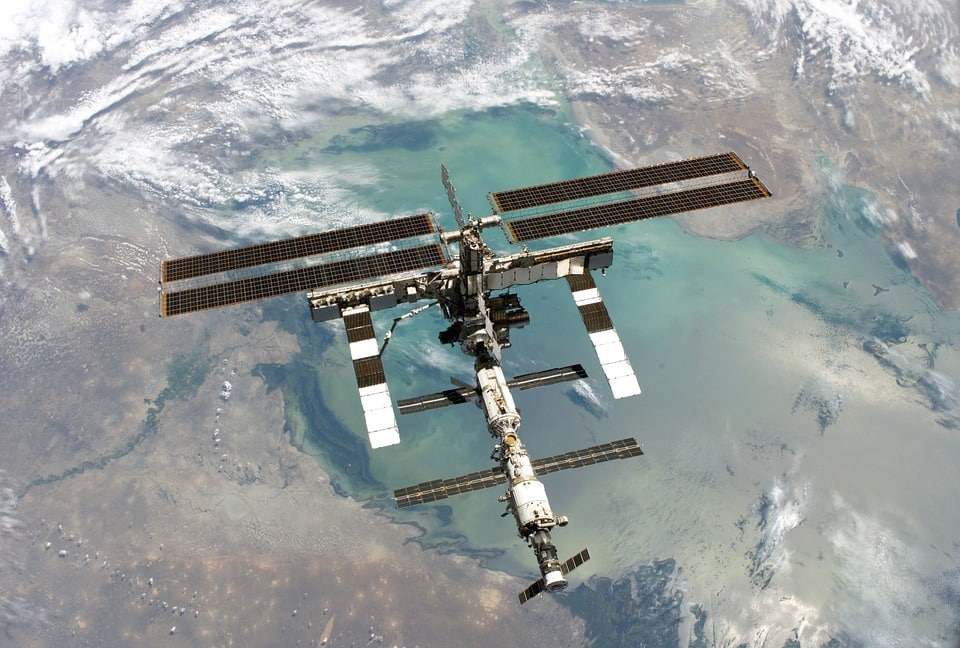China, whose astronauts for decades have been excluded from the ISS, has launched the first module of its new space station successfully. The core module was launched into low earth orbit by a Long March-5B rocket. This marks the Chinese effort’s first step to build its own station in two years. China’s space station will be fully operational by the end of 2022.
According to a statement on the website of China Manned Space Agency, the facilities and equipment of Wenchang launch centre are in good condition, and all the personnel participating in the program are making concerted efforts for the complete success of the mission.
The core module is known as Tianhe, which means harmony of the heavens, will allocate space and resources to a number of international microgravity experiments. Six projects have been fully accepted so far, including one on the impact of spaceflight on cancer tumors conducted by researchers from Norway, the Netherlands, Belgium and France.
However, China’s space station, as per Chinese media reports, won’t launch all at once; it will be assembled from several modules launching at different times. Eleven launches, including crewed missions and four cargo missions, are scheduled in the next two years. The first crewed mission is expected to be launched in June of this year, wherein astronauts will be sent into orbit for about three months during which the life support system and maintenance will be tested. China’s space station is expected to operate for 10 years, which could be extended to 15.
Gu Yidong, chief scientist of the China Manned Space program, said they did not intend to compete with the ISS in terms of scale. It will be one fifth of the ISS’s size and similar to the Russian Mir space station, which operated from 1986 to 2001. Yidong said the intent is that it can be permanently occupied by astronauts on long-term stays.
Also Read: IBA identifies 102 corporate bad loans totalling to Rs 2 lakh crore
David Burbach, a professor of national security affairs at the US Naval War College, said China is interested in demonstrating to the world and to its own people that it is a world class player in human spaceflight and cutting-edge science. “International cooperation also helps China’s scientific community to learn from peers in other nations,” he said. “Diplomatically, science cooperation helps portray China as a normal, cooperative world power and in the case of cooperation with US allies in Europe and elsewhere, likely Beijing appreciates driving a bit of a wedge between those allies and the US.”
















Pingback: Vedanta pledges Rs 150 crore to help India fight second COVID-19 wave | The Plunge Daily